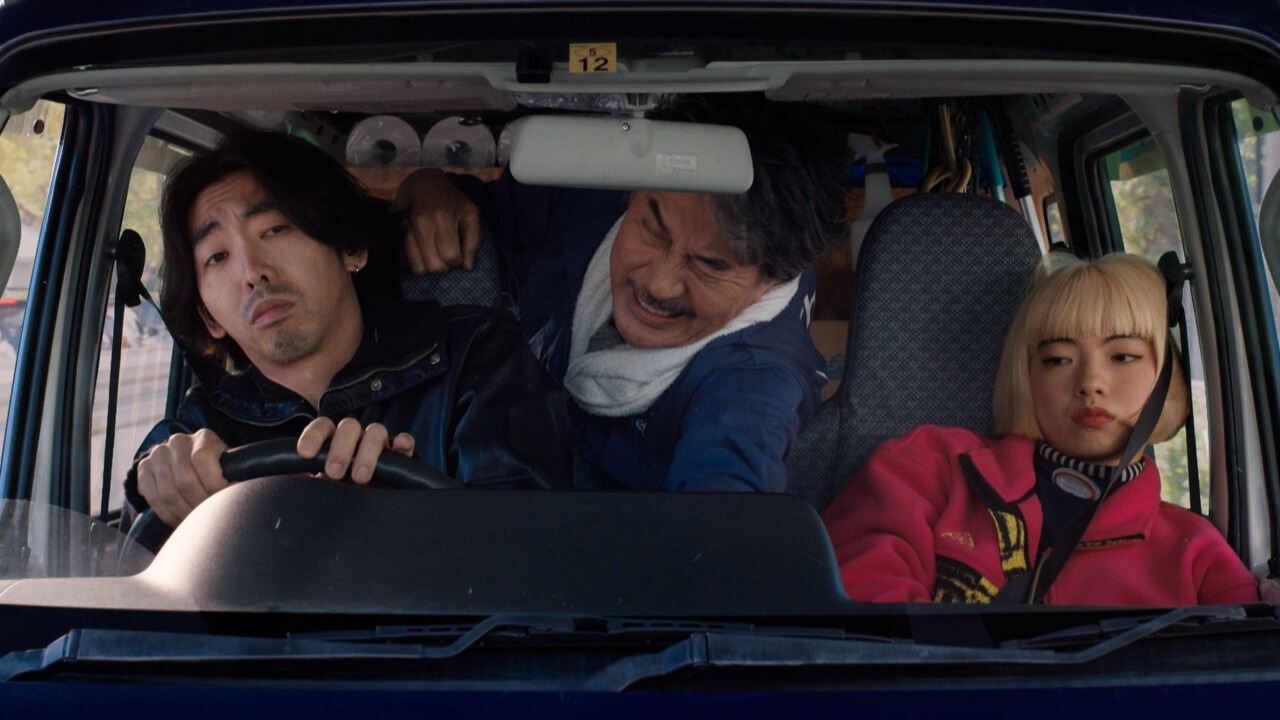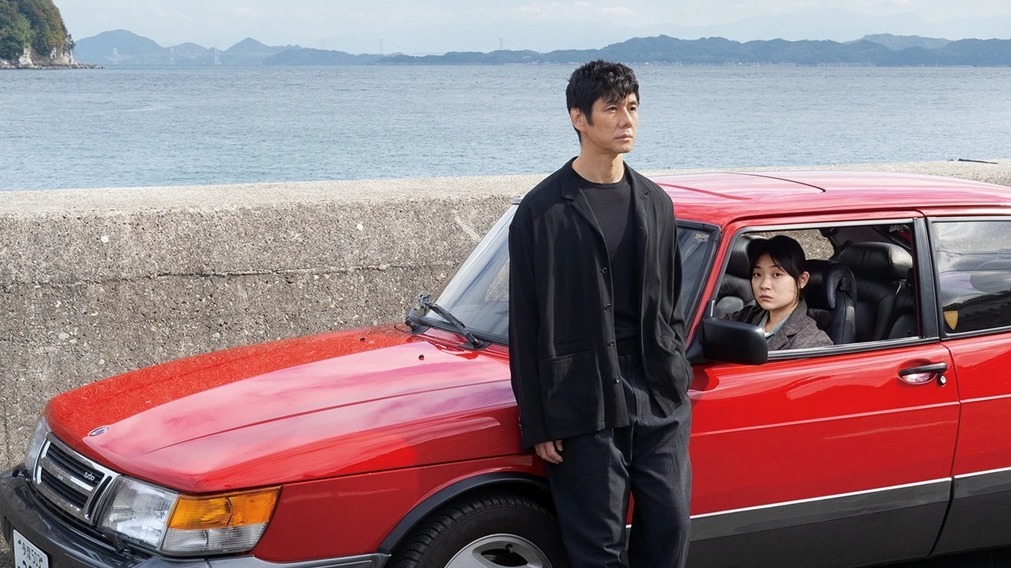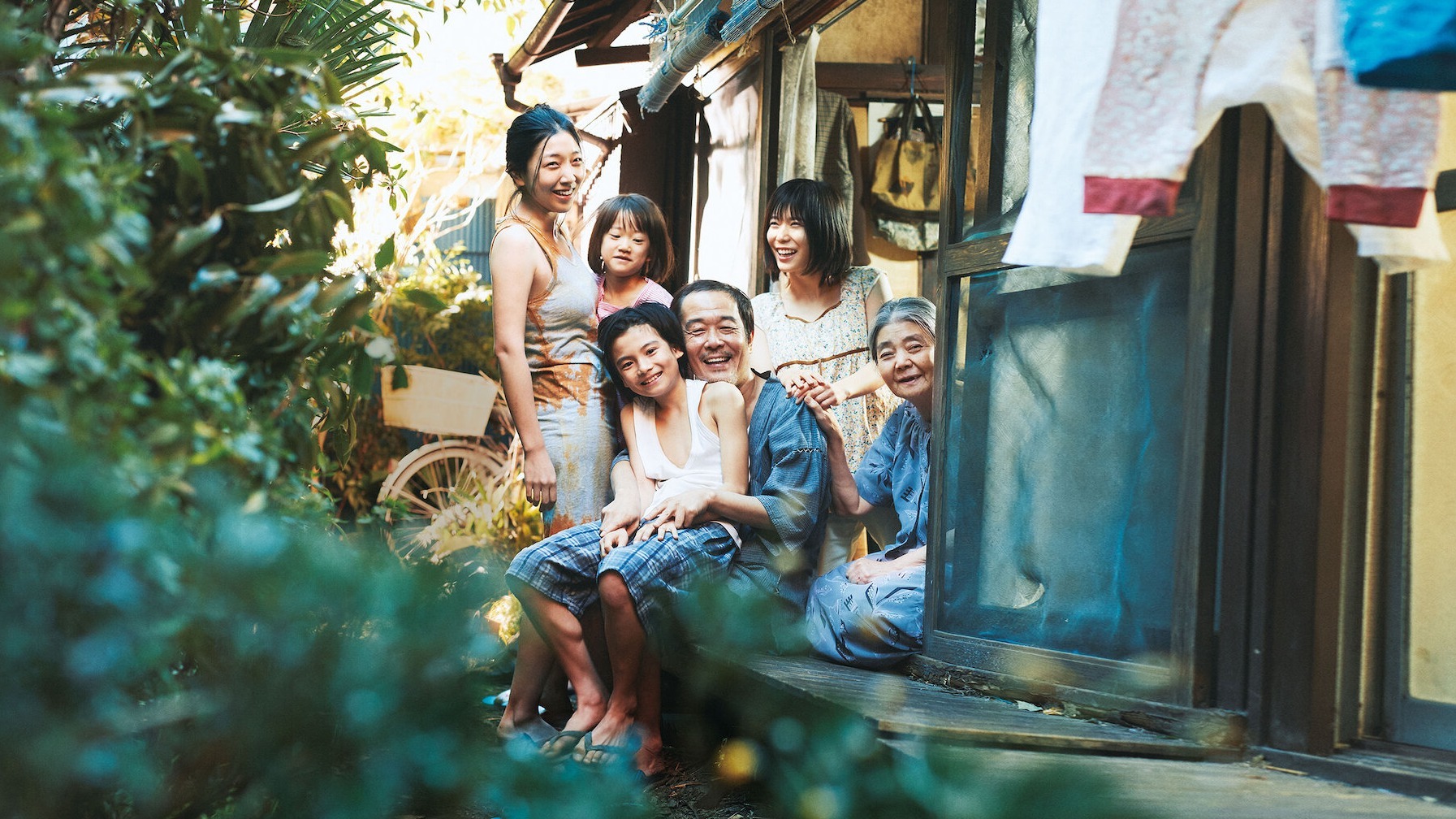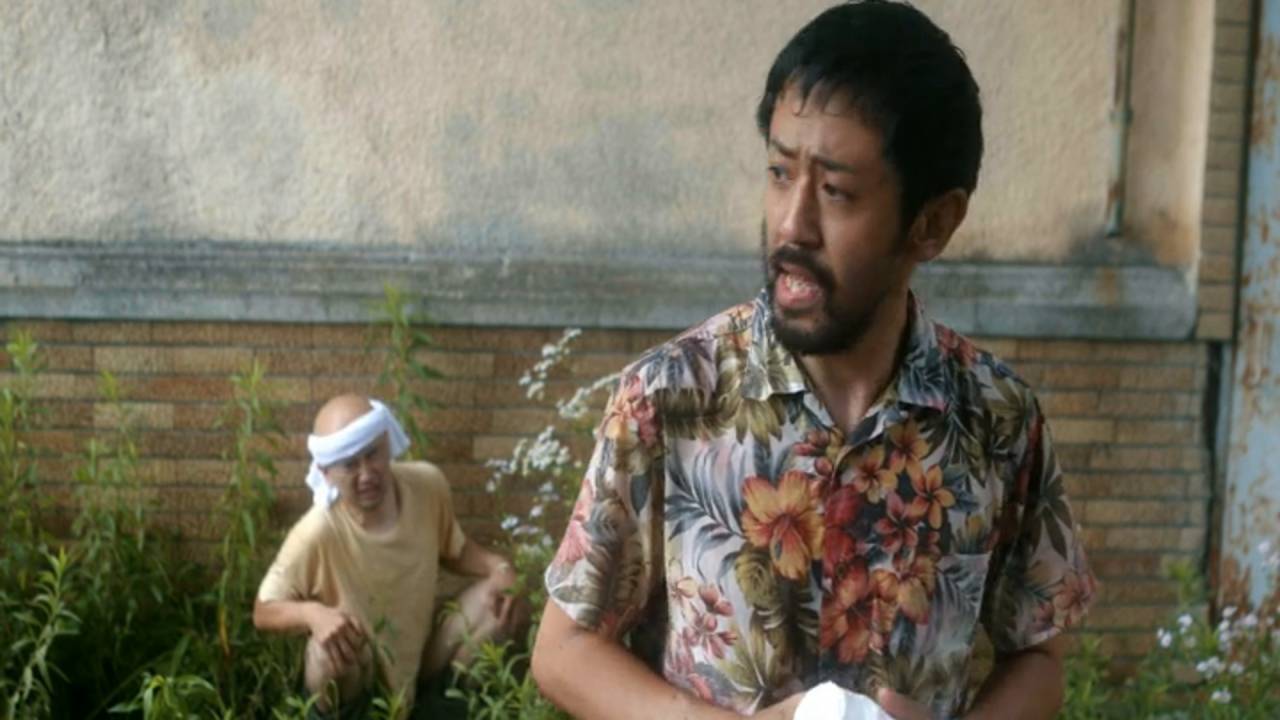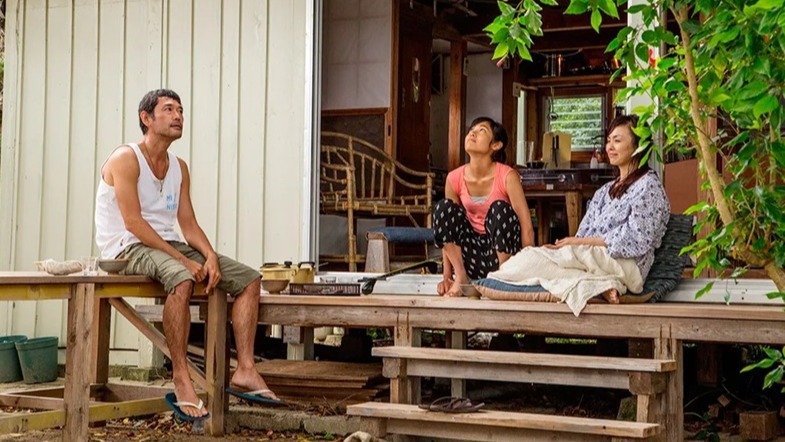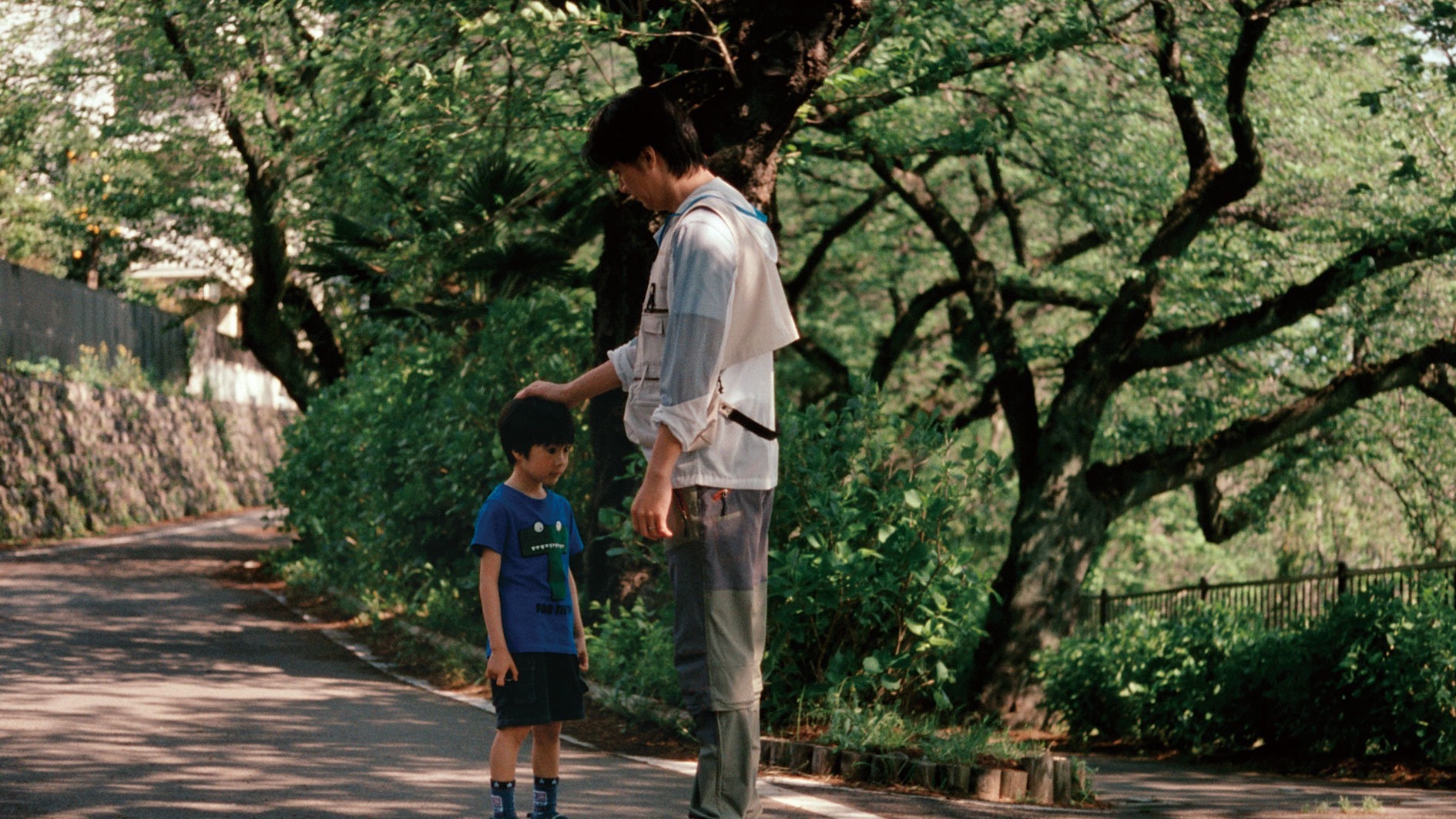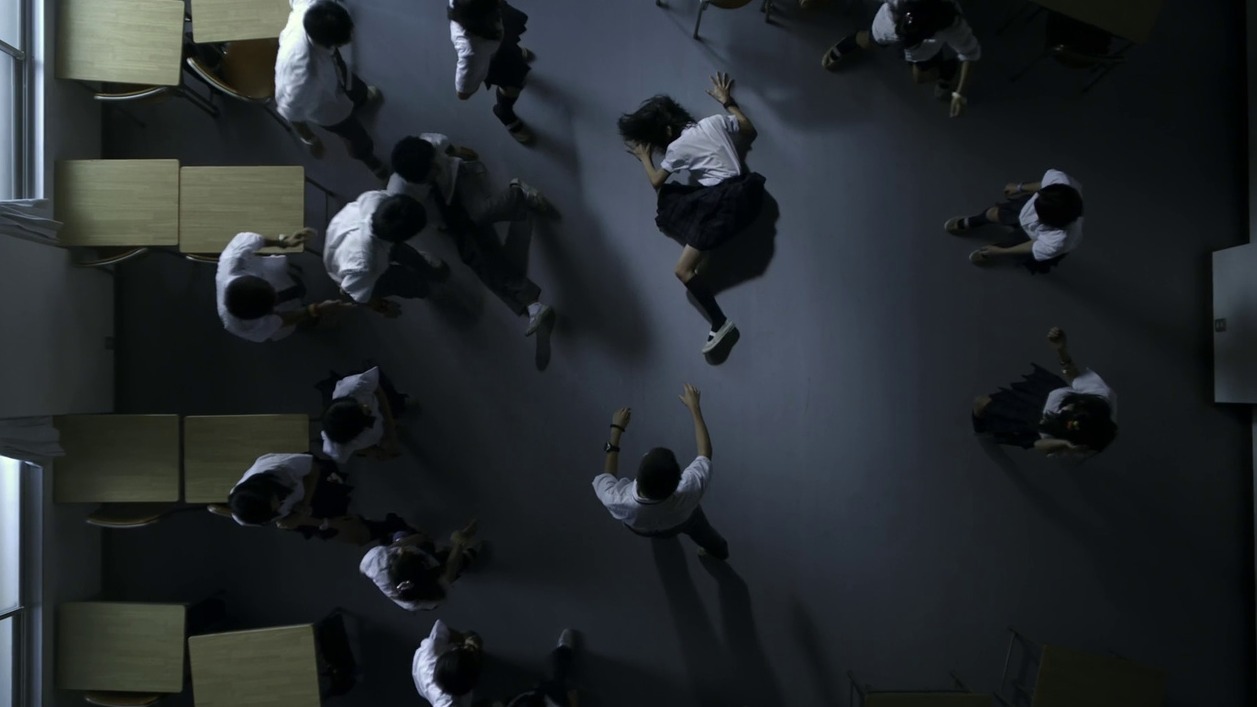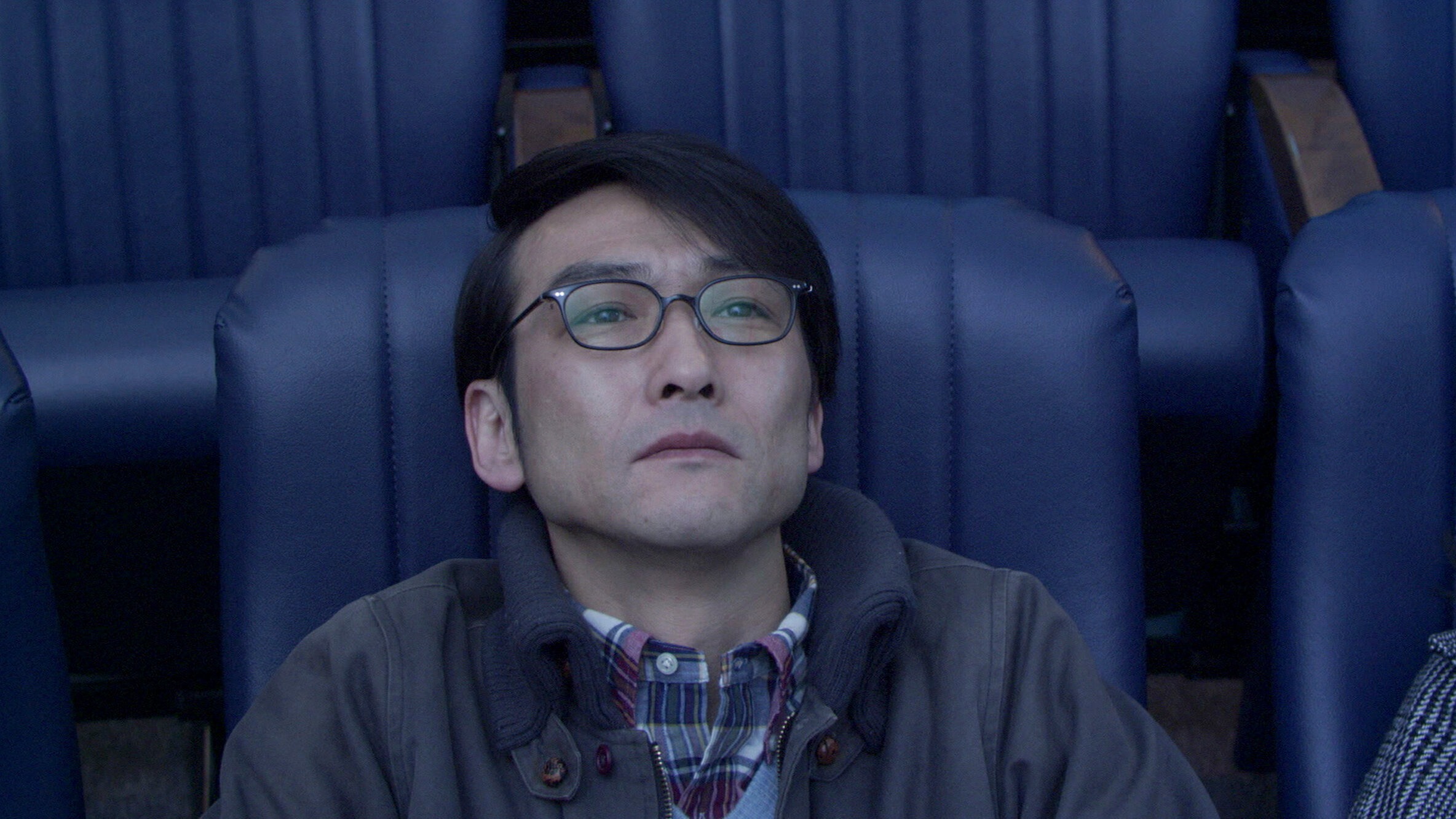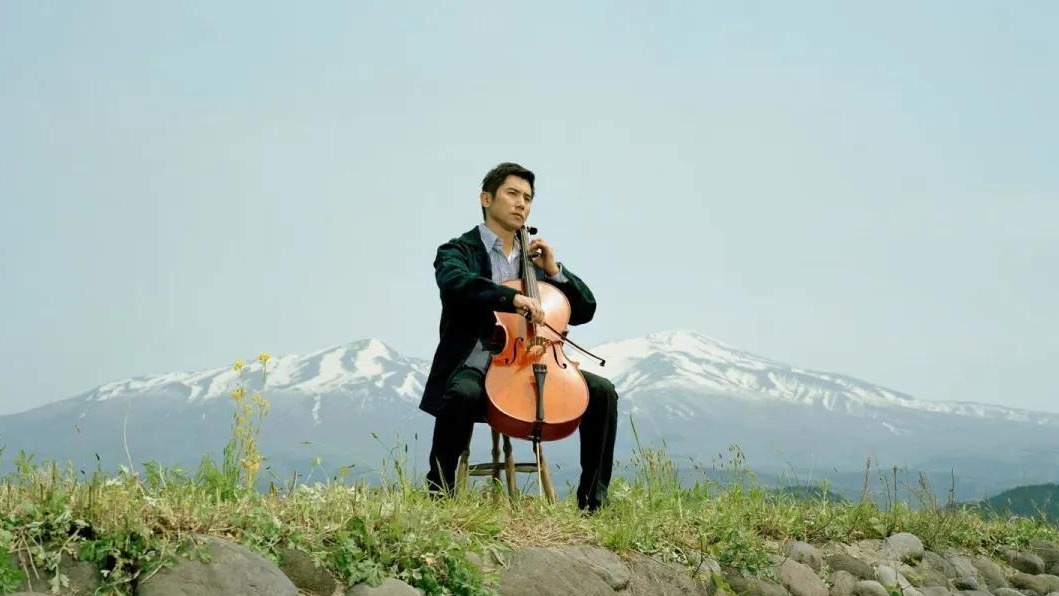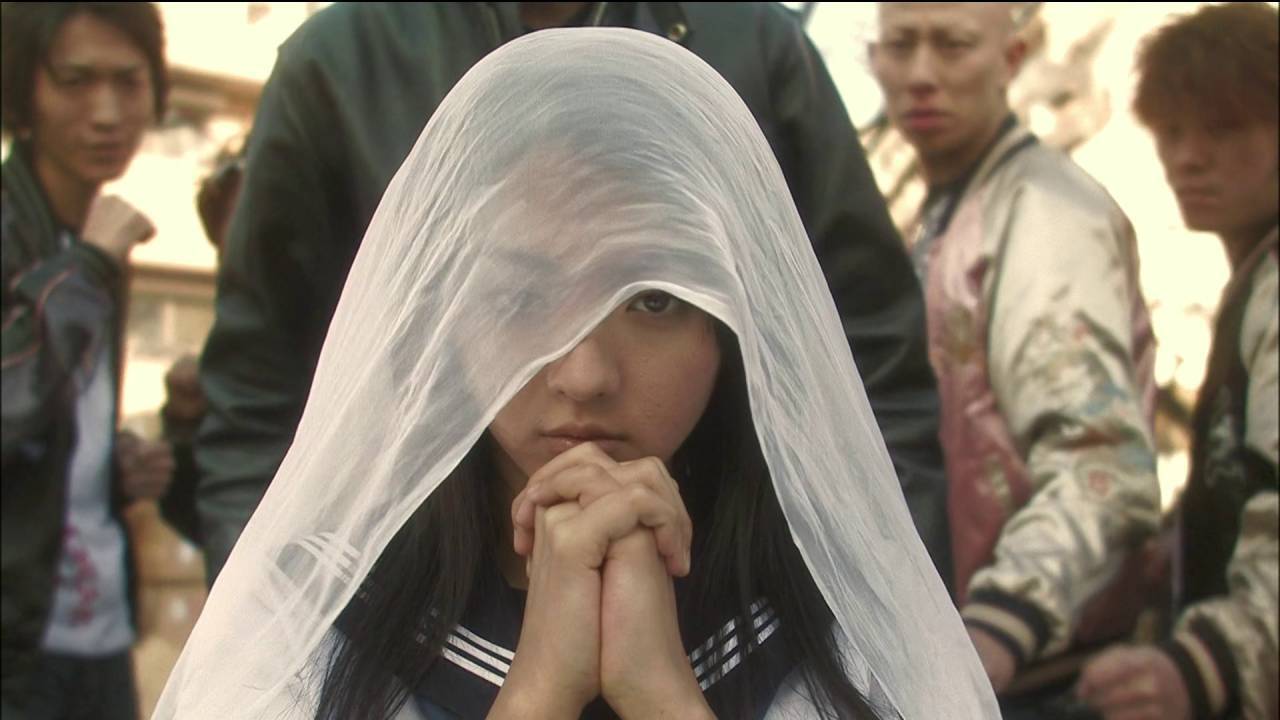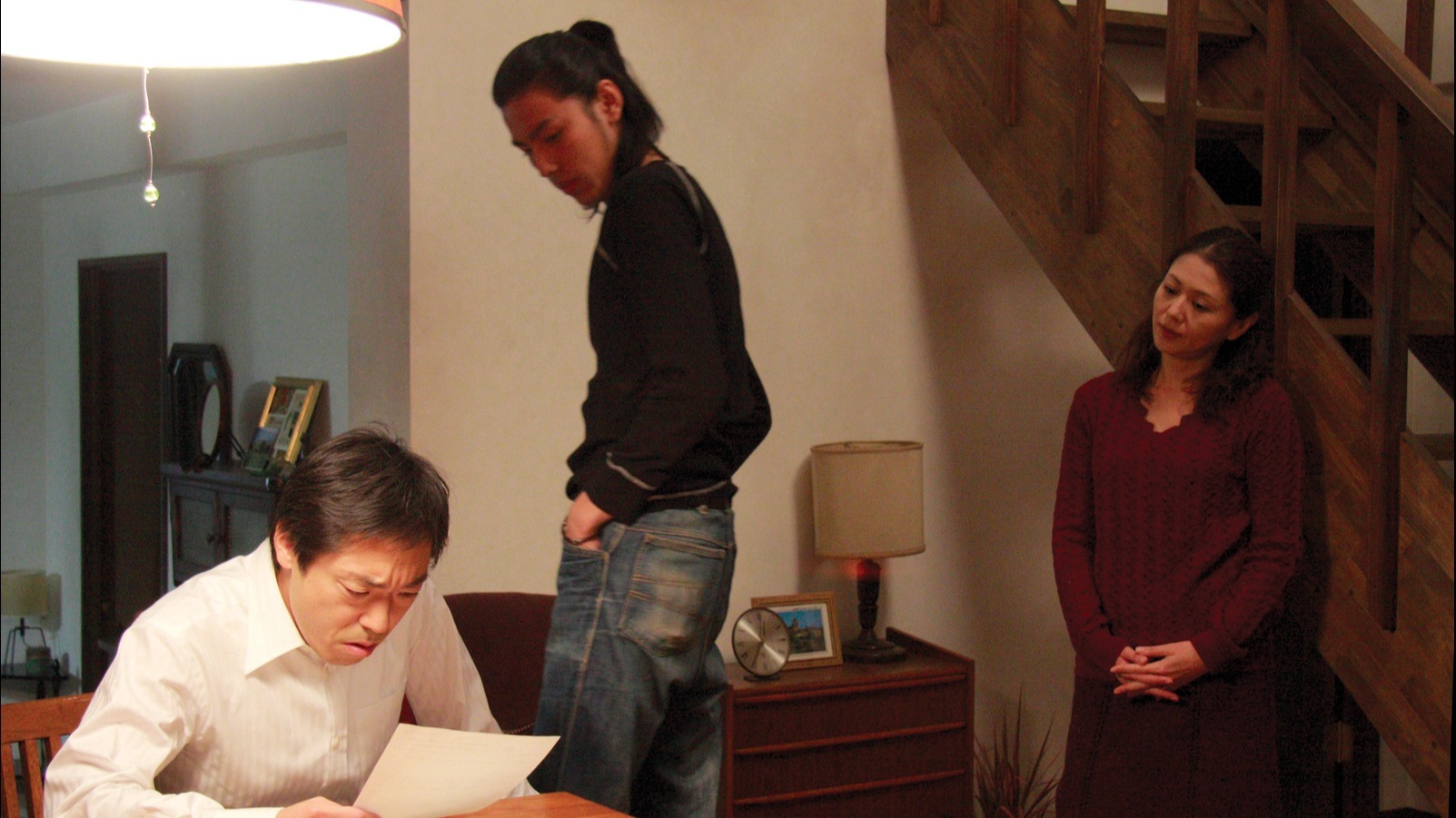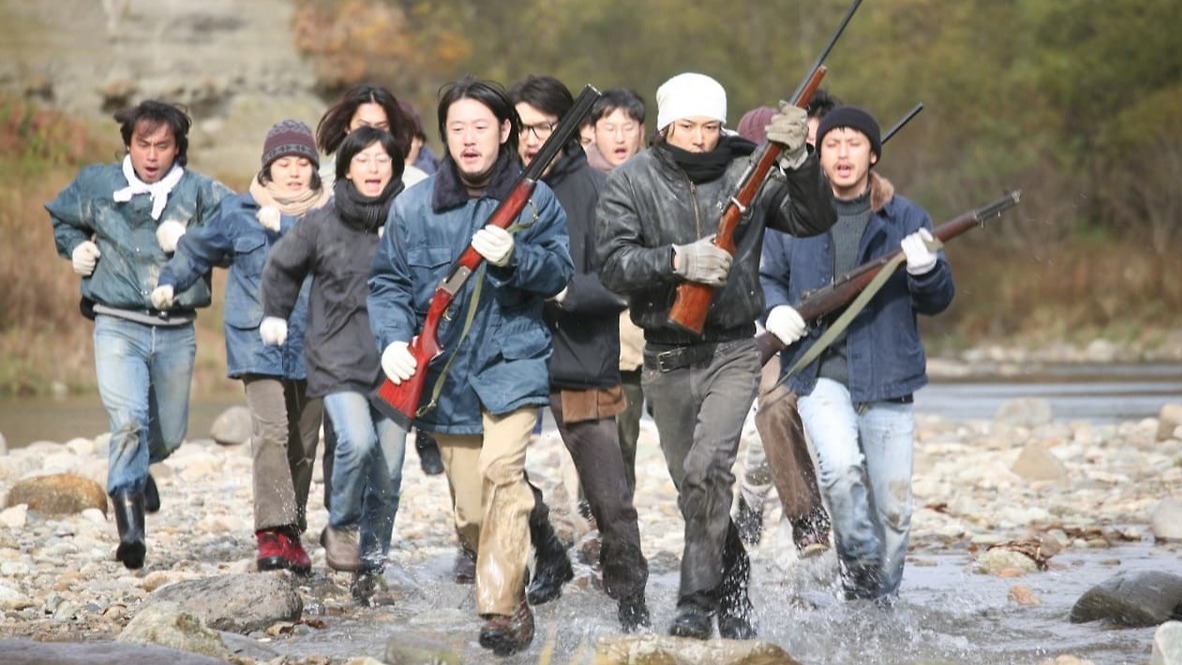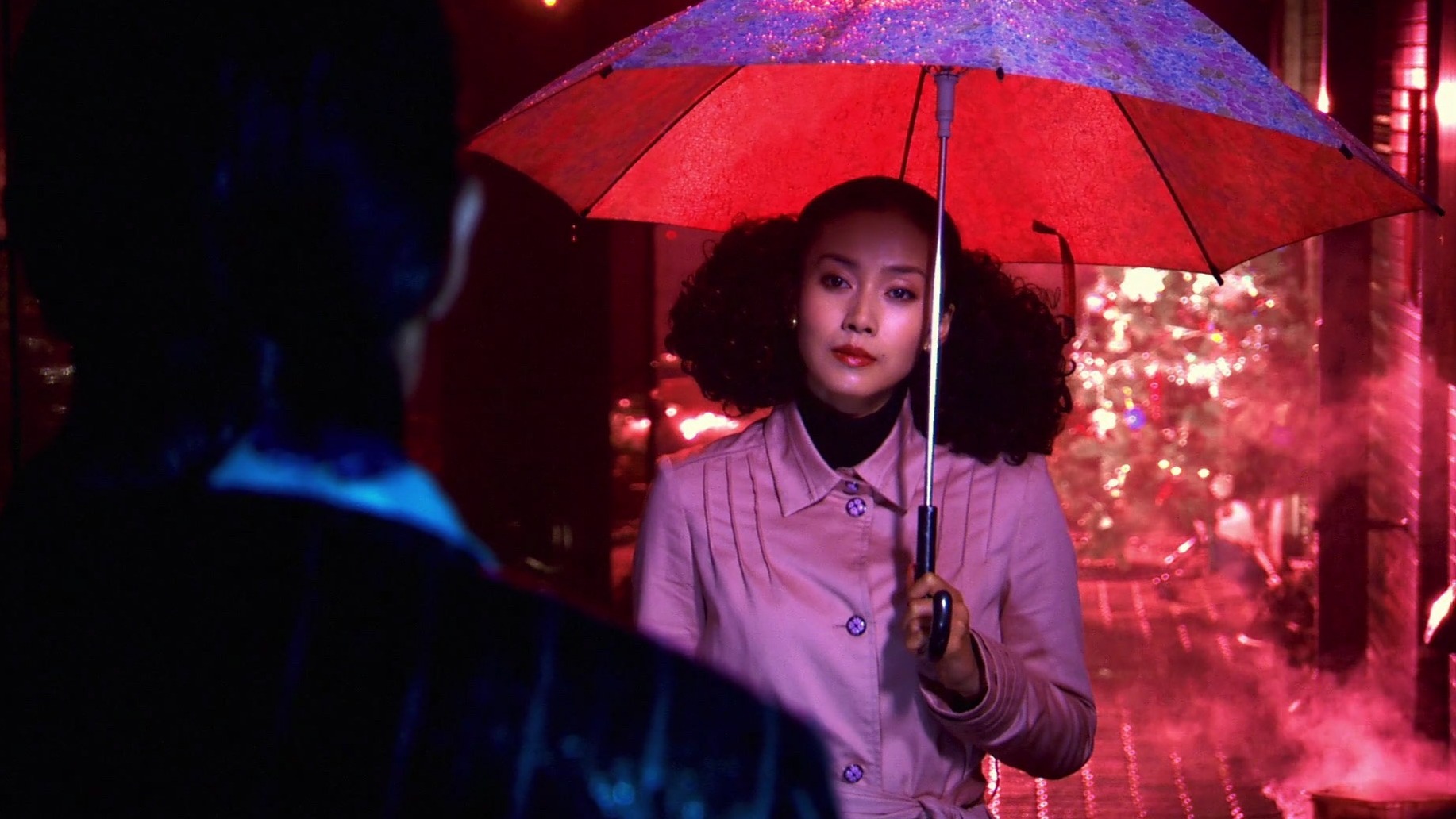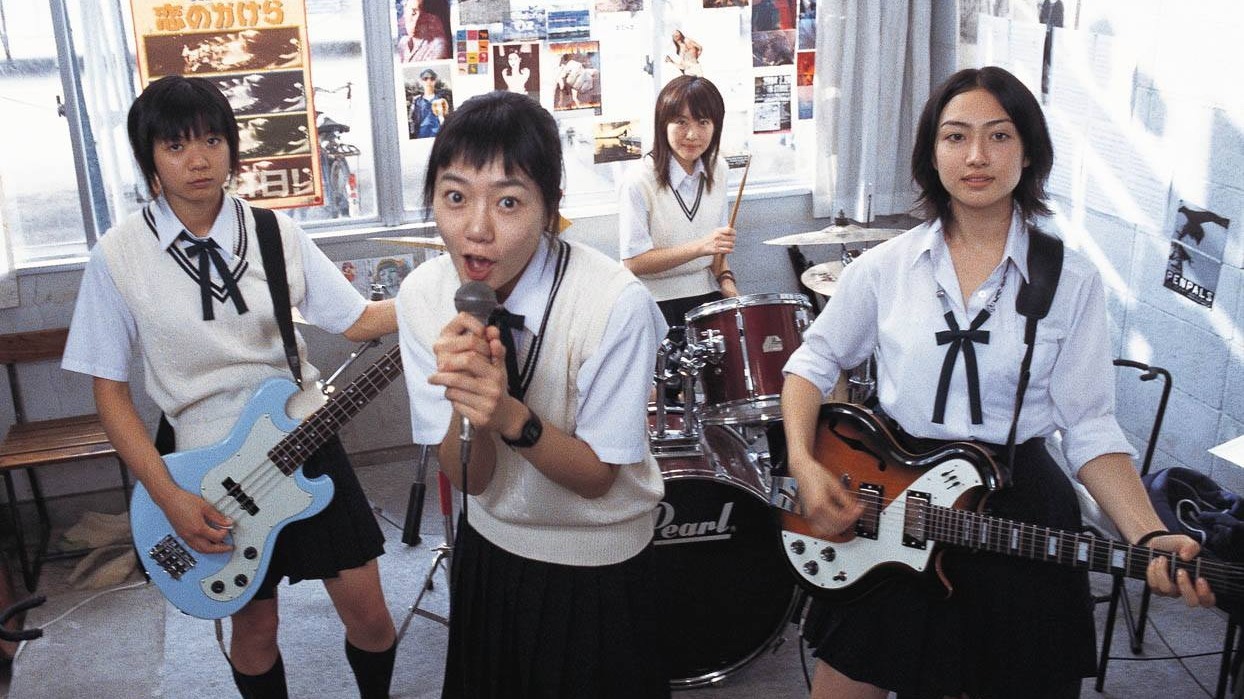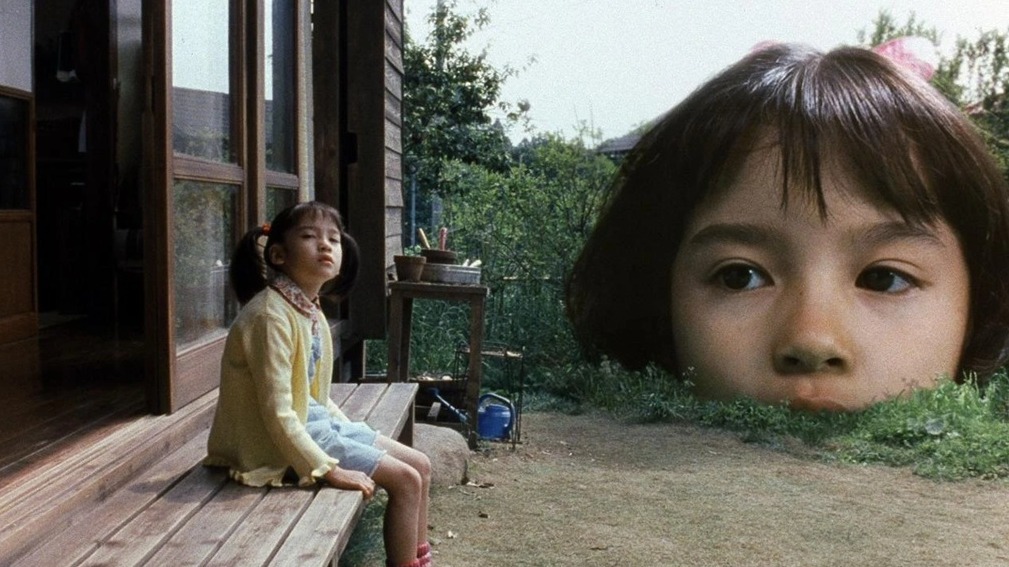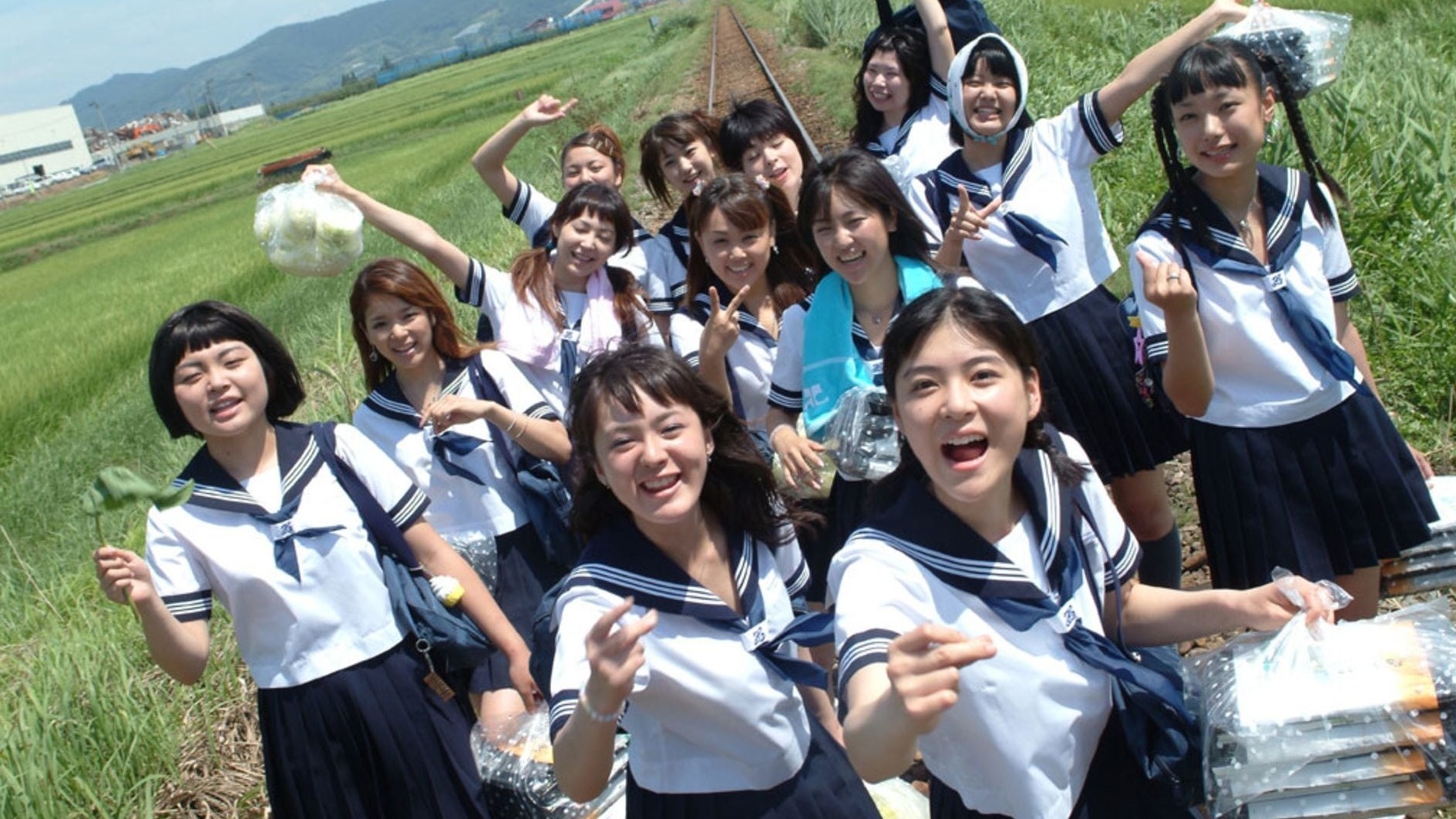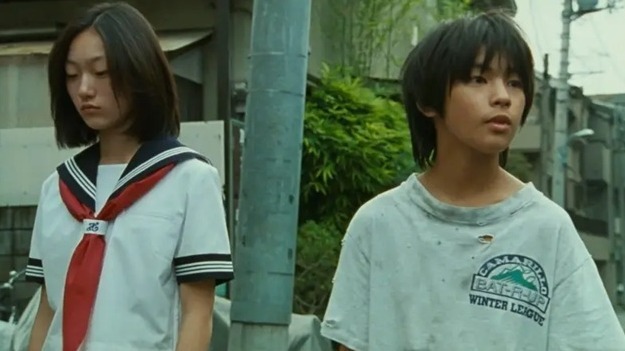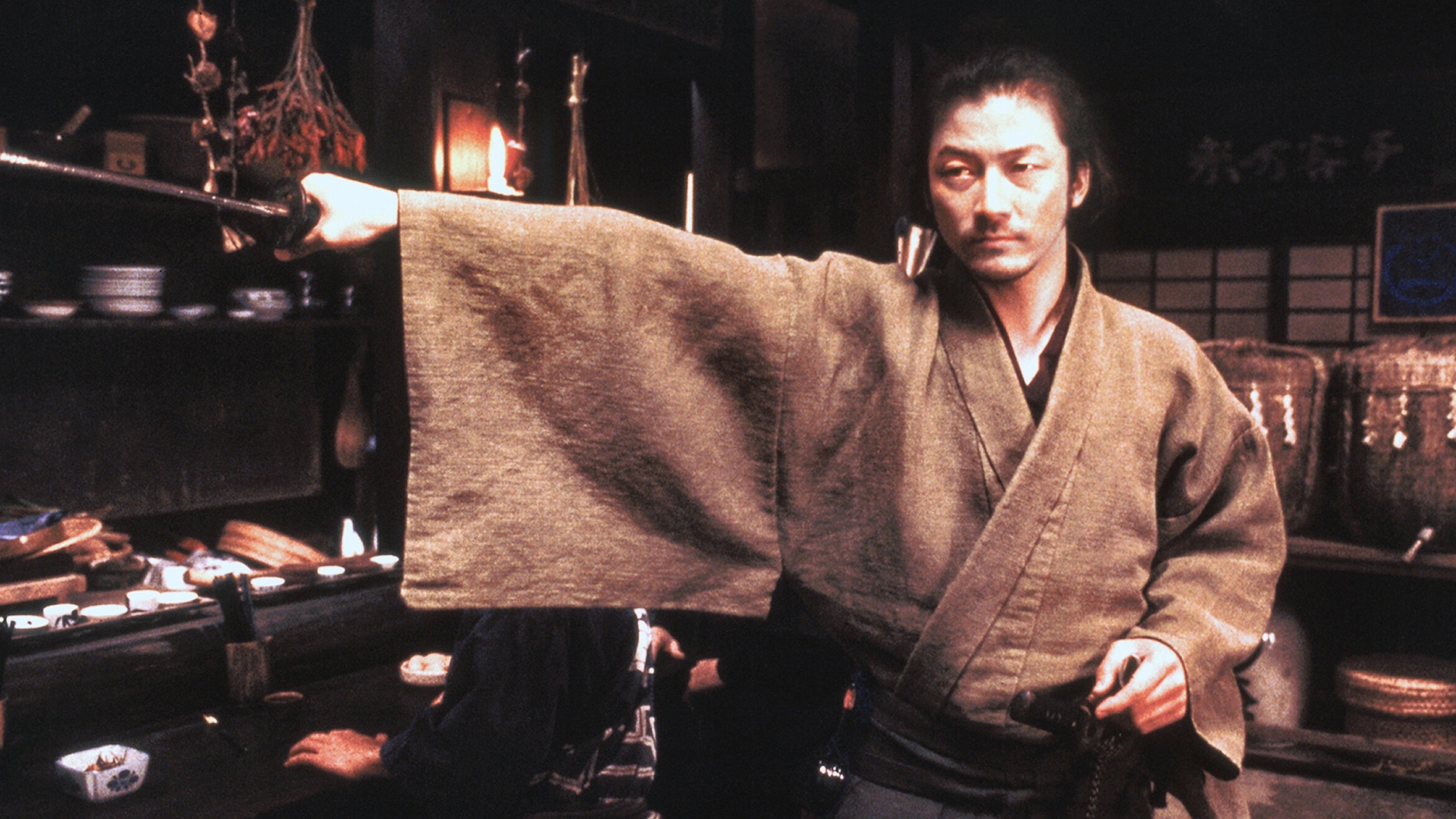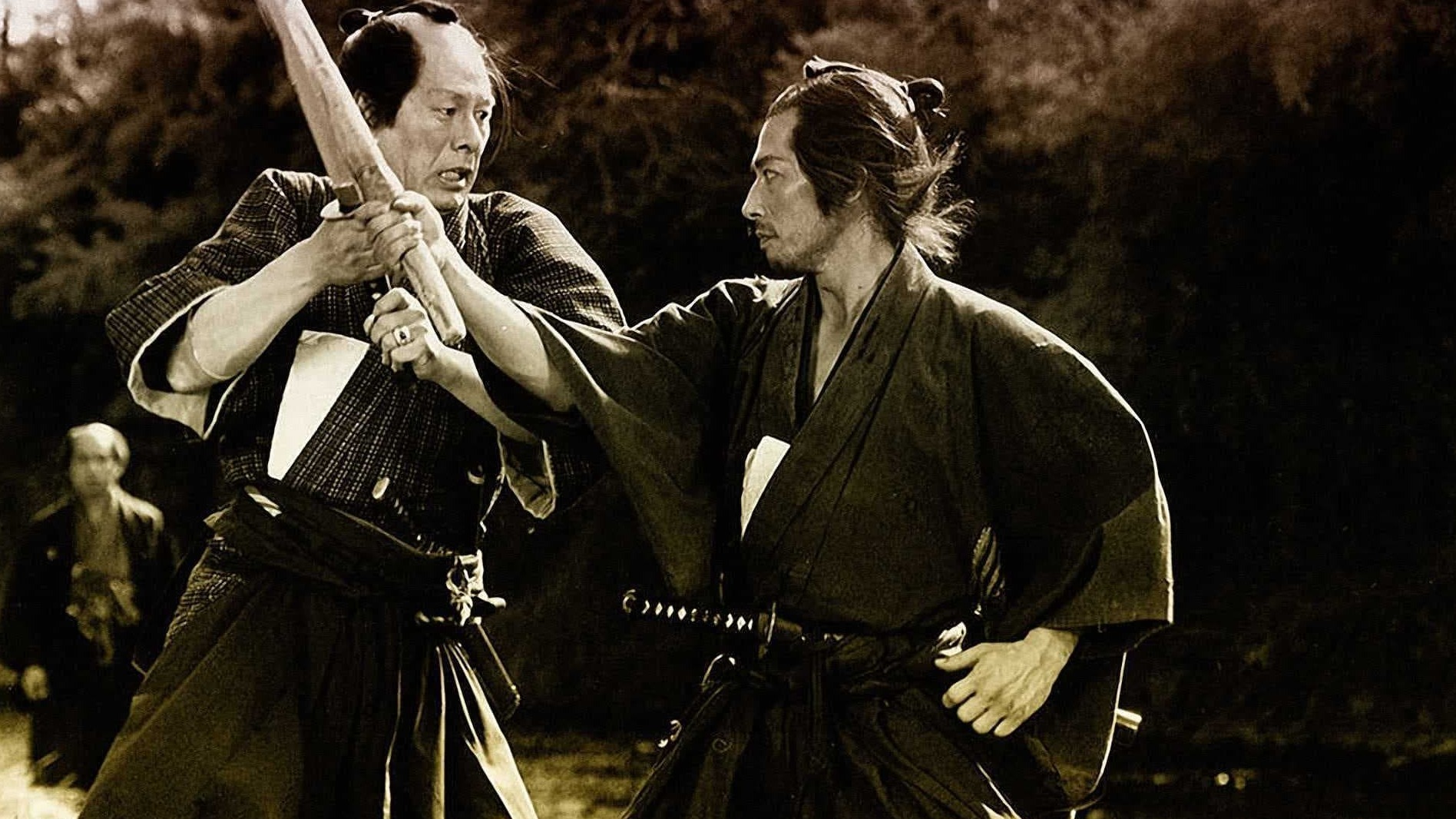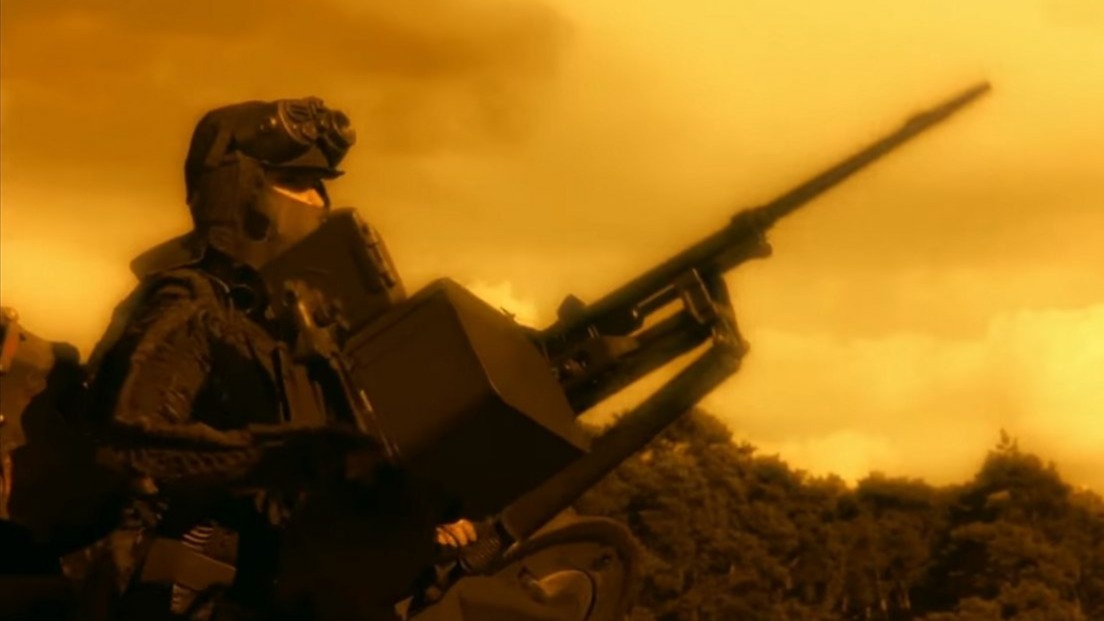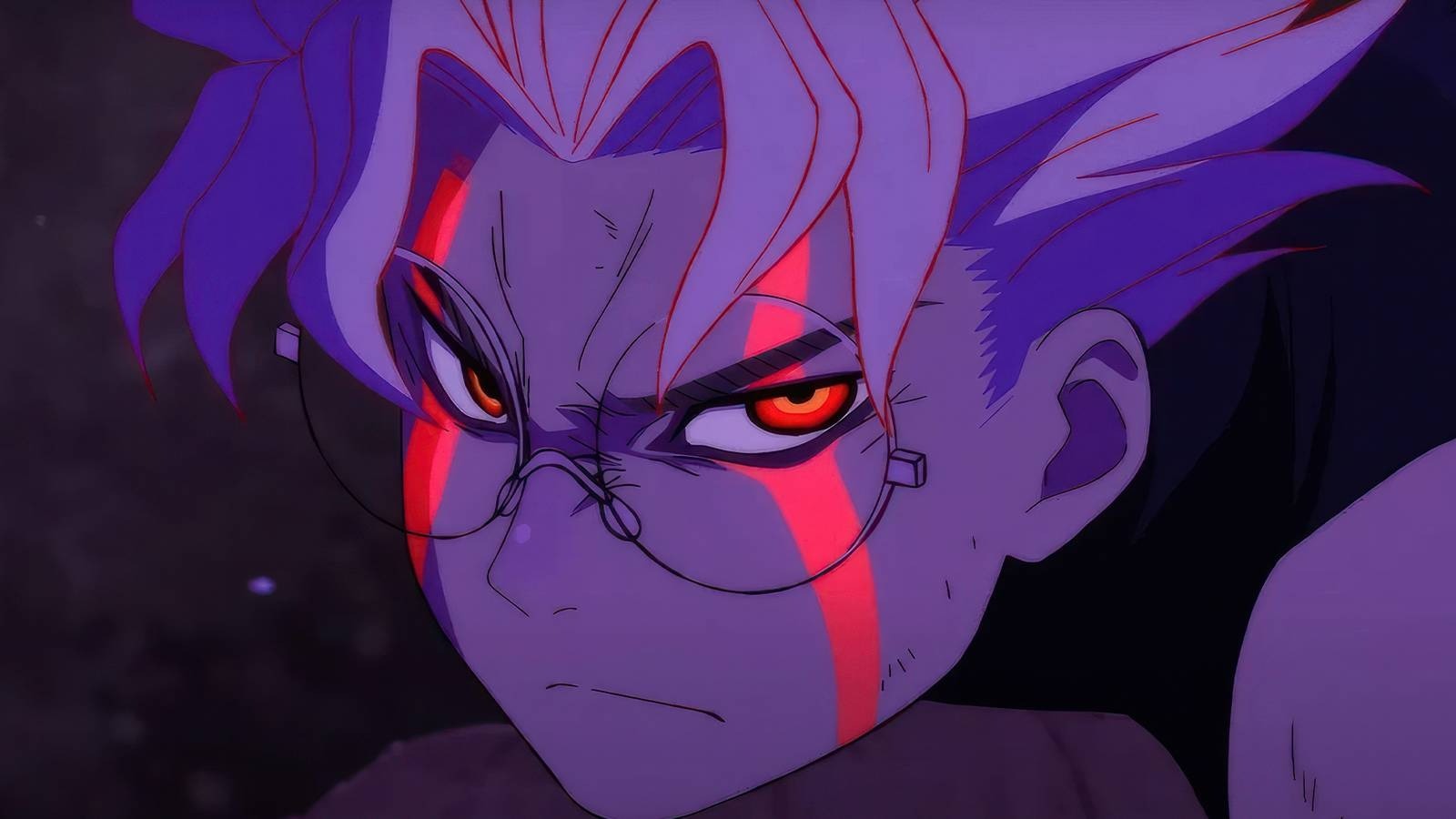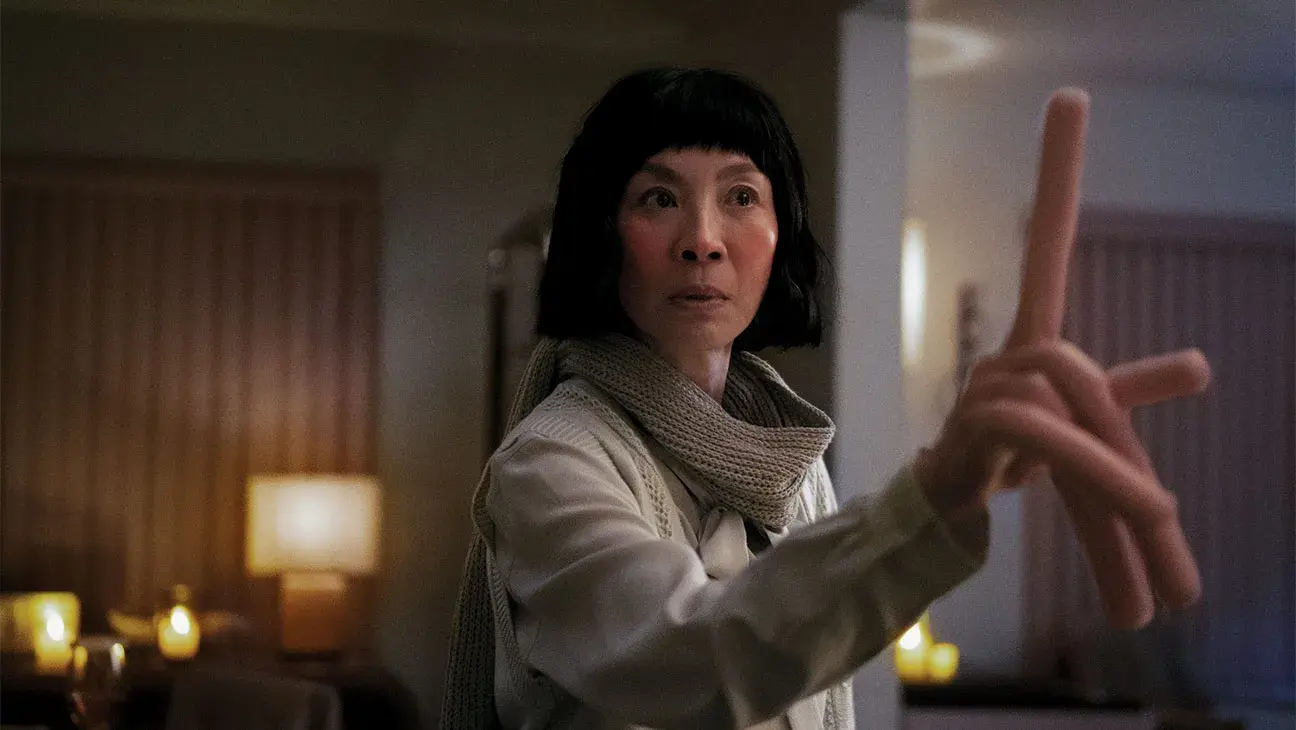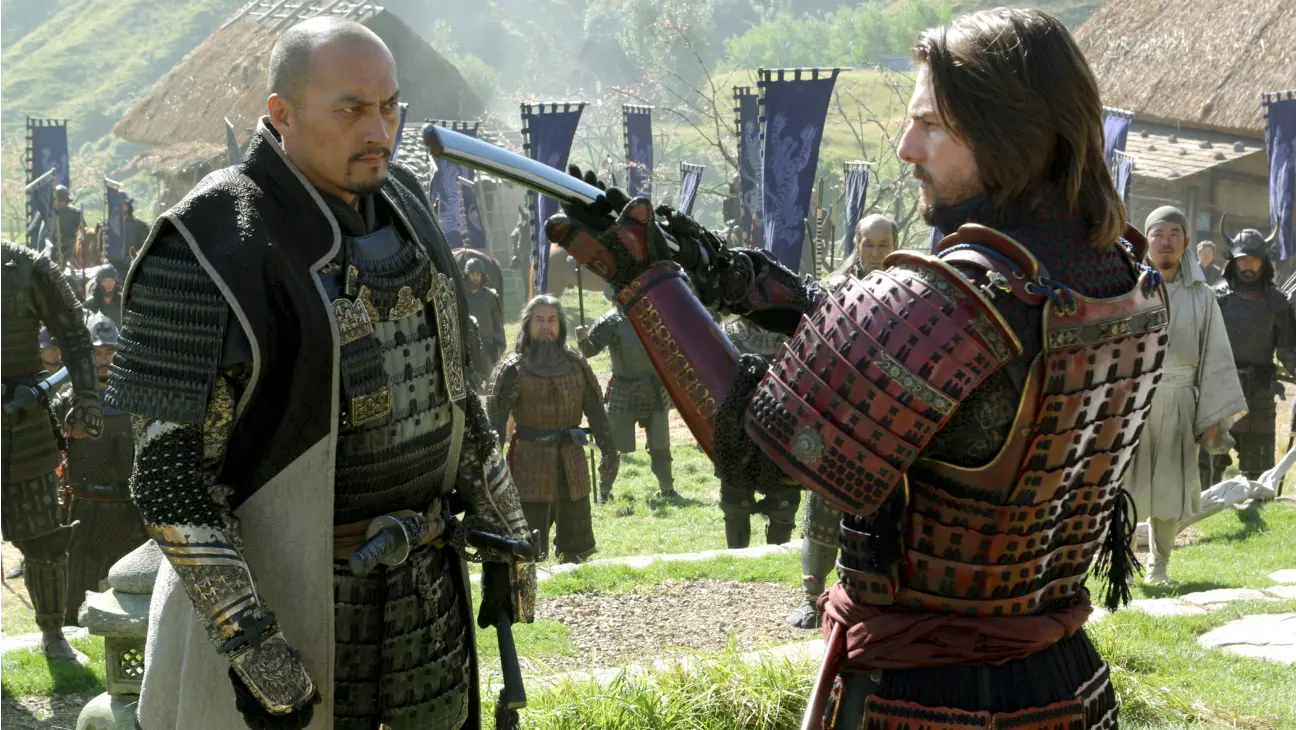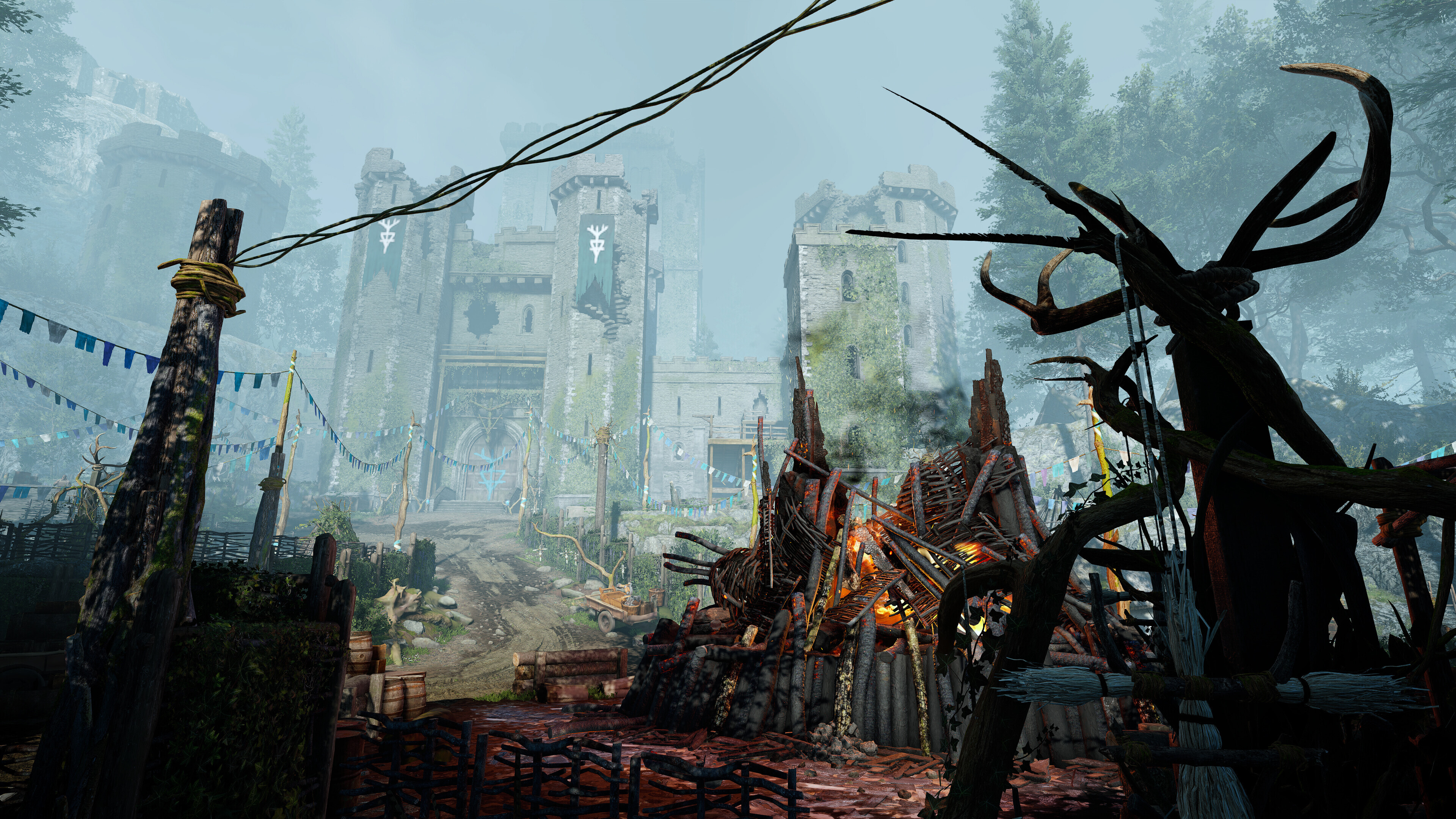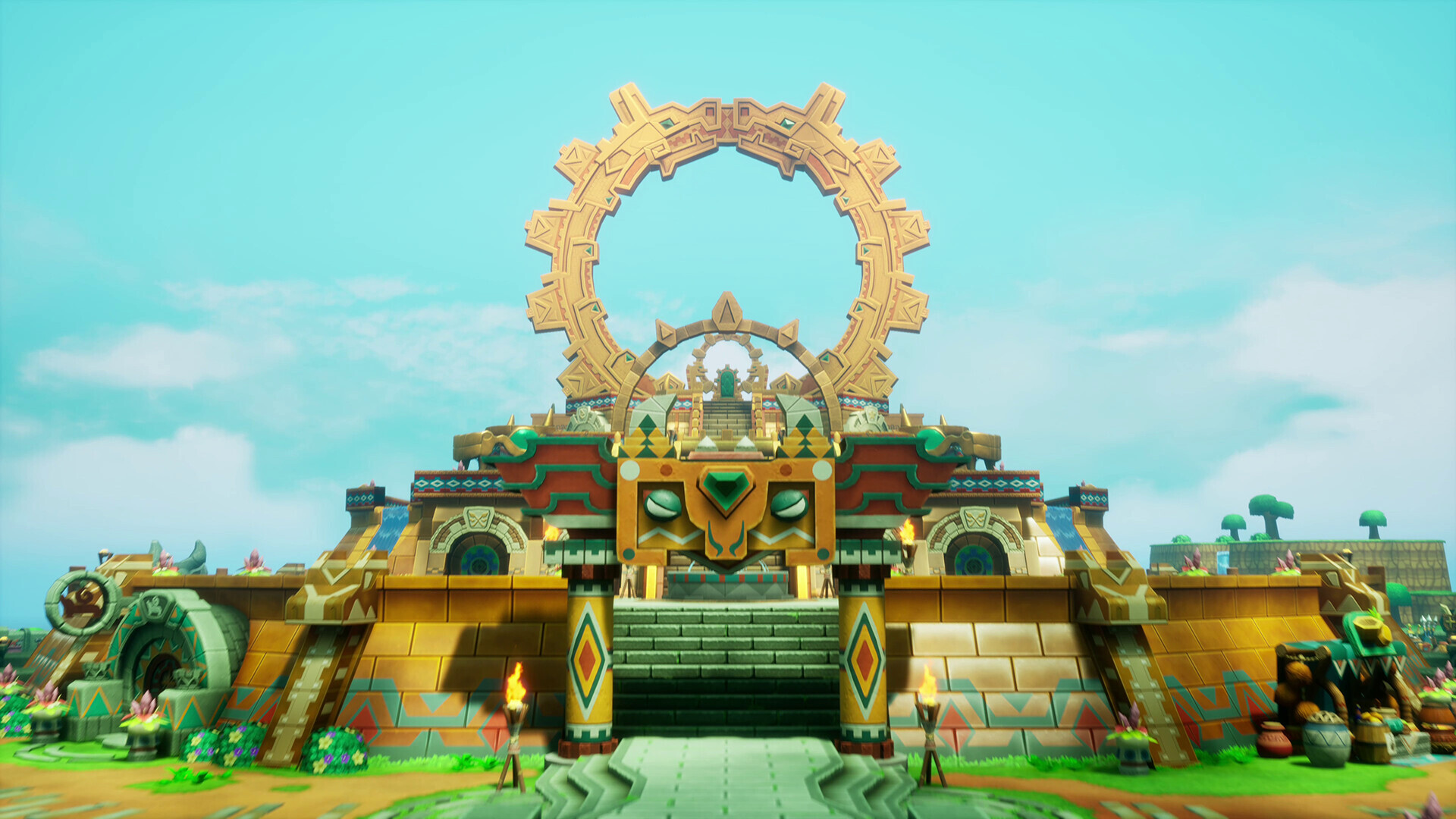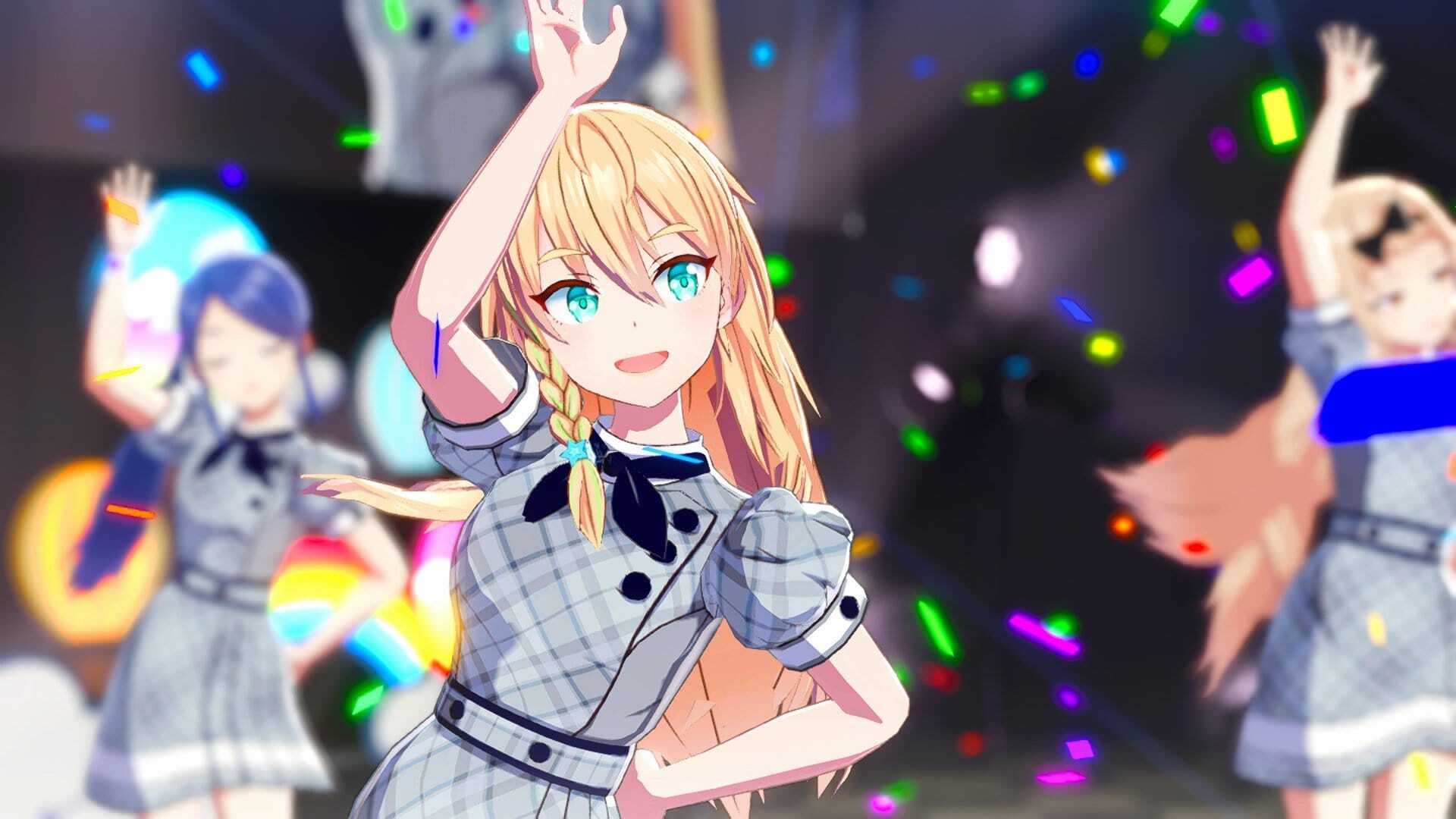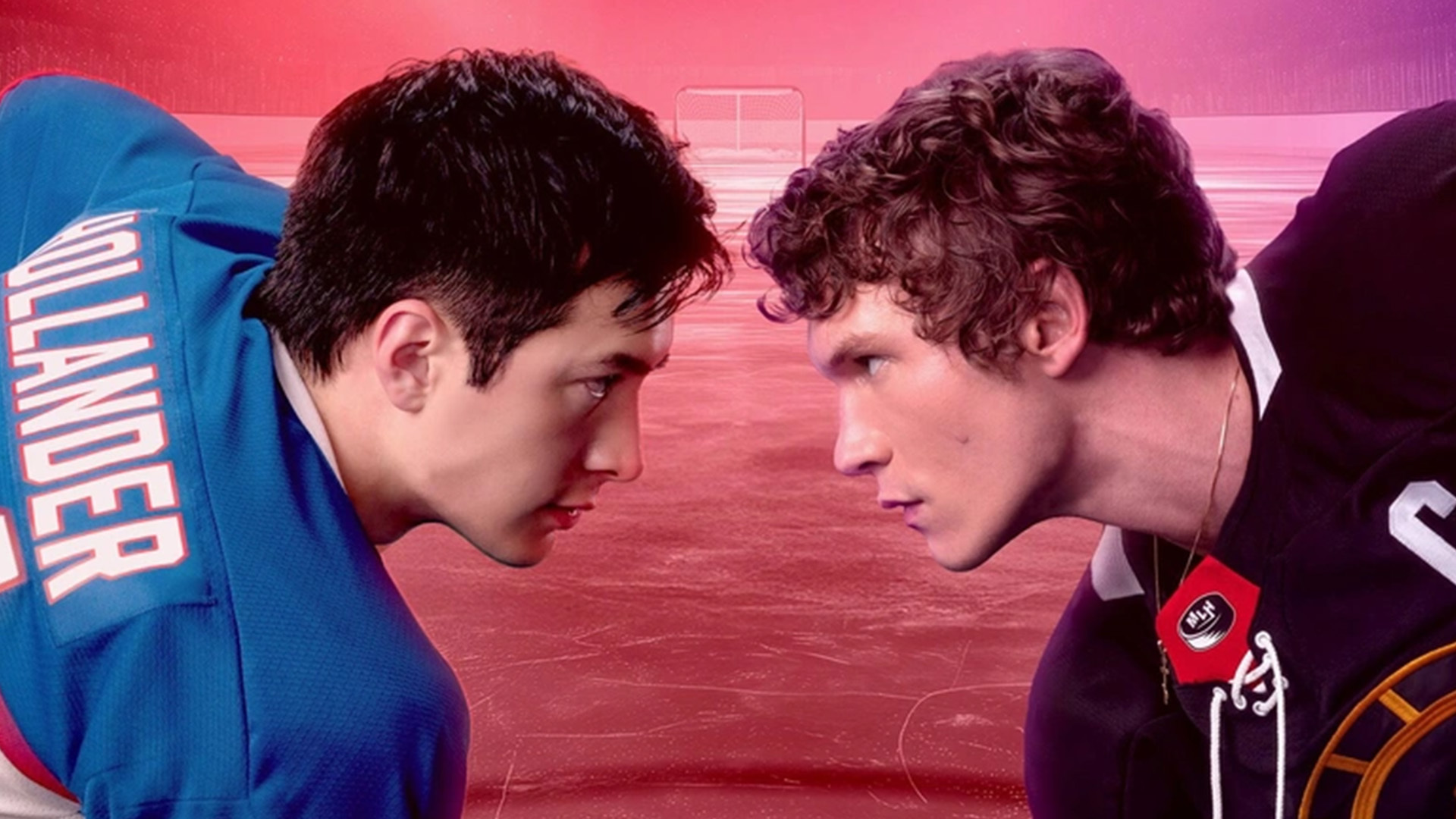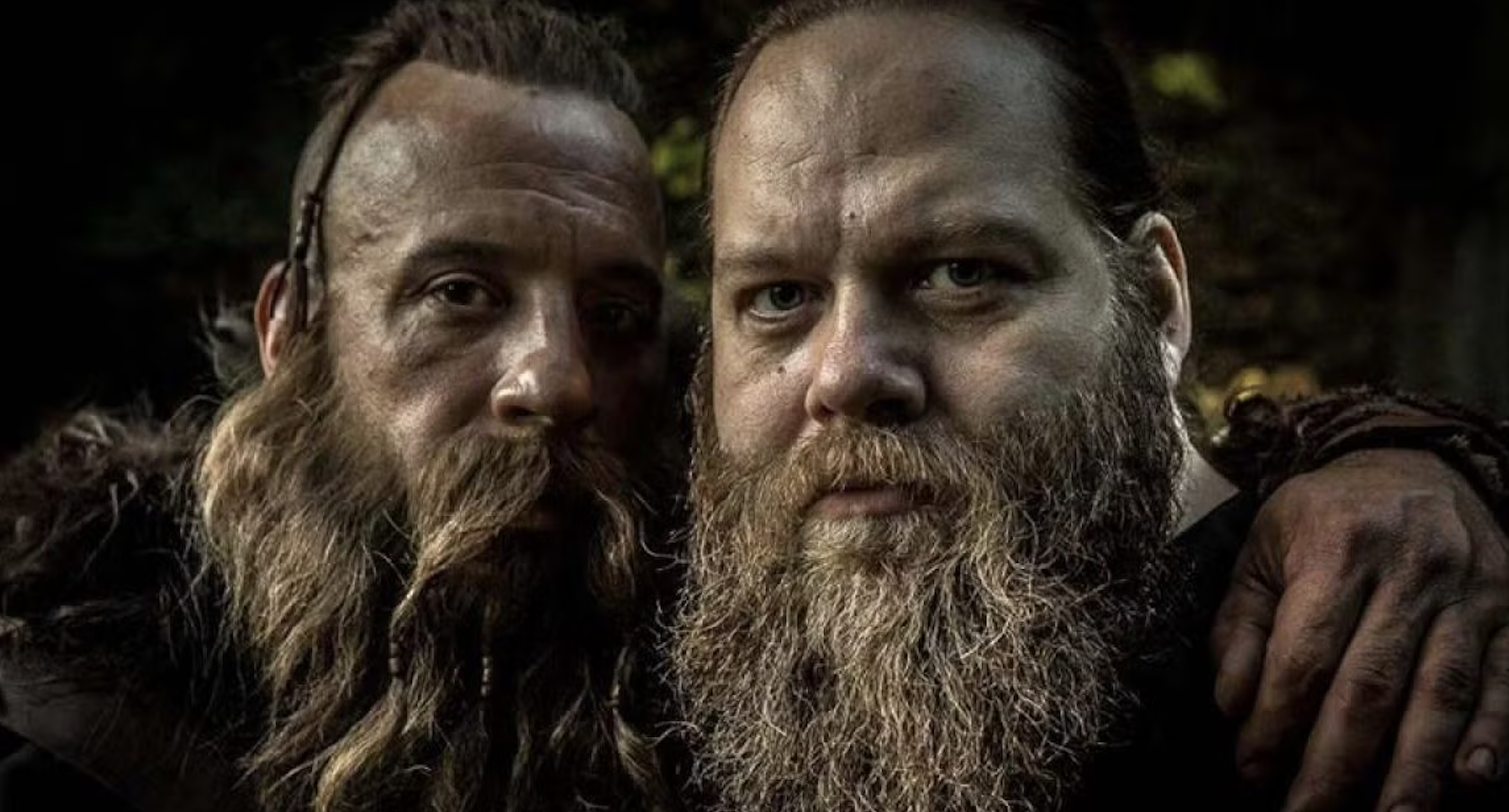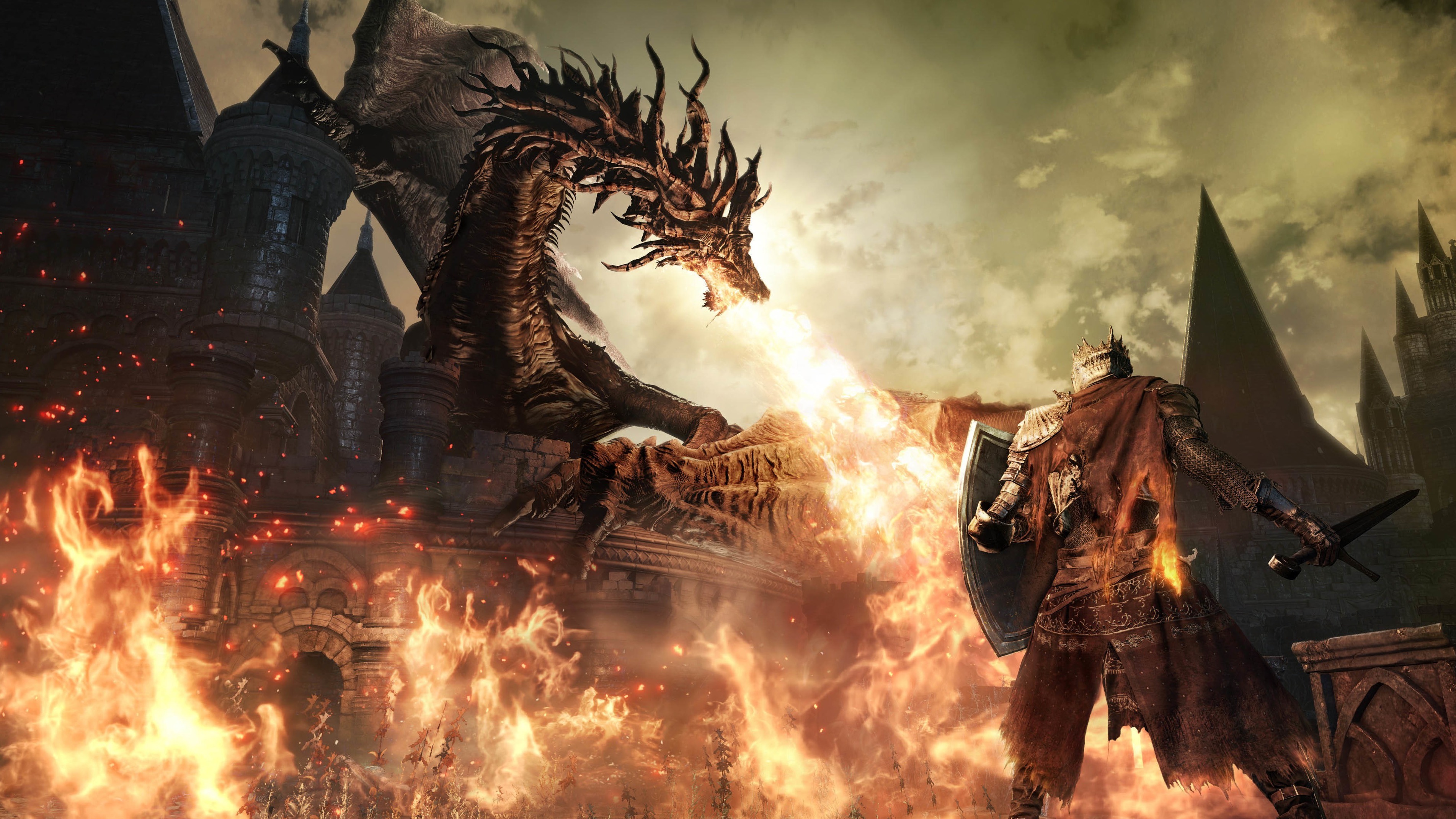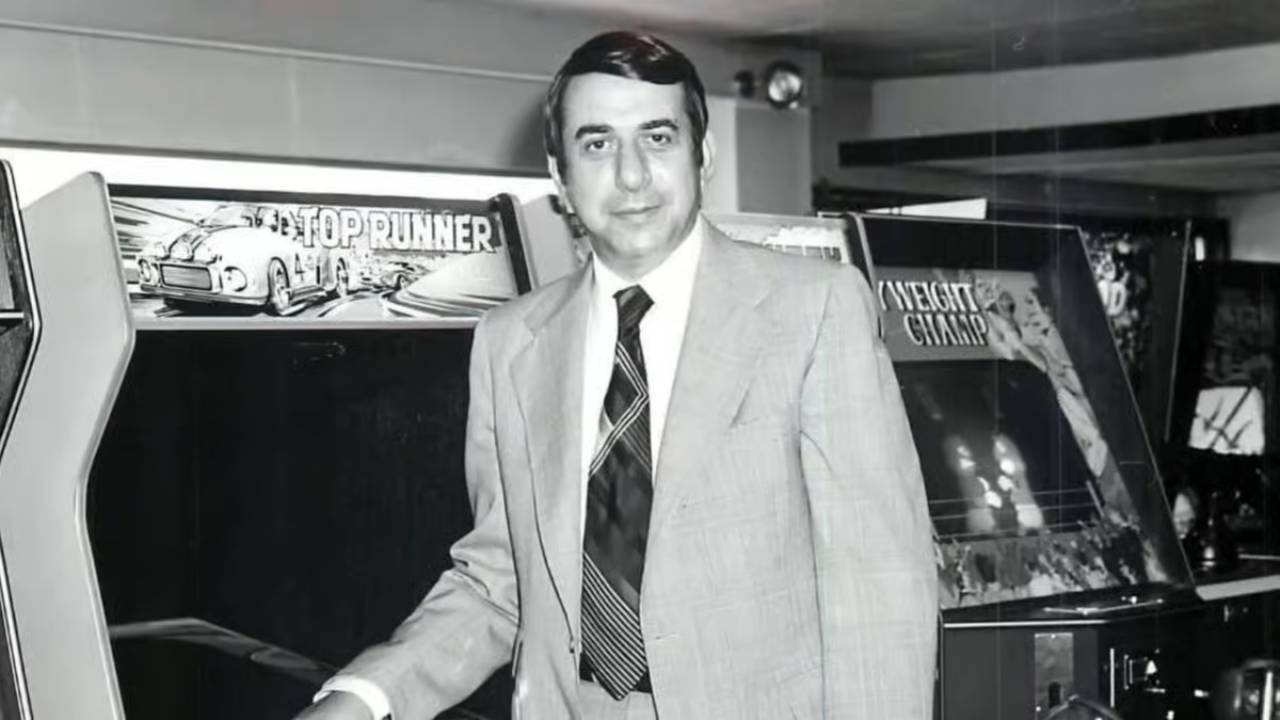From heartfelt family dramas to bold experimental storytelling, Japanese cinema in the 21st century has delivered some of the most captivating films in the world. These movies don’t just entertain – they immerse you in rich characters, intricate emotions, and cultural moments that linger long after the credits roll. Whether it’s the quiet intimacy of a rural village, the chaotic pulse of Tokyo streets, or the surreal beauty of a dreamlike narrative, each film on this list offers a unique window into modern Japan.
We’ve chosen to focus solely on live-action films here – because if we included animation, masterworks from Studio Ghibli, Makoto Shinkai, and Mamoru Hosoda would take up half the list on their own. This way, the spotlight stays firmly on Japan’s live-action achievements.
In the past two decades, directors like Hirokazu Kore-eda, Ryusuke Hamaguchi, and Sion Sono have pushed boundaries while honoring the traditions of Japanese storytelling. These works have won prestigious awards, earned global acclaim, and – most importantly – left audiences deeply moved. Here are 20 essential Japanese films from the 21st century that prove the country’s cinematic artistry is as strong as ever.


































